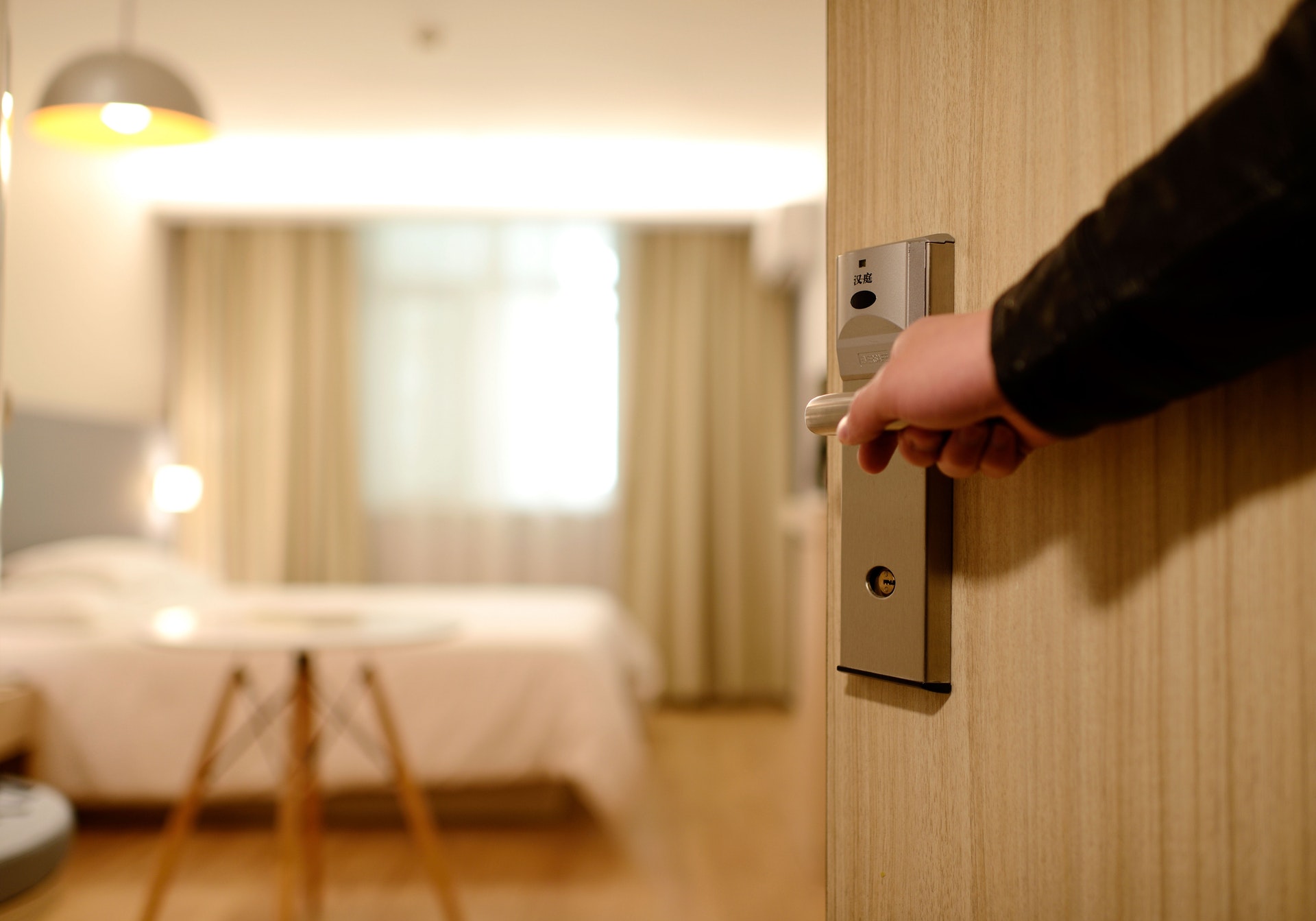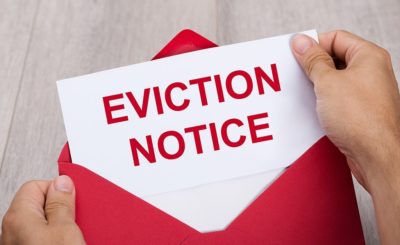Suing a hotel
Good quality customer service and accommodations are hard to beat. When people travel for leisure, work, or for any other reason they expect that their hotel room that they paid for with their hard-earned money can meet certain basic expectations. This includes a clean room, no bedbugs, non-cancerous paint in the rooms, no cockroaches and so on. Hotels can be held legally liable for such failures if a guest is somehow injured. In fact, a hotel is liable for any injuries to guests as a result of its own negligence or the negligence of its employees and a guest can sue a hotel. Suing a hotel is a necessity if you feel as though the hotel wronged you or caused you injury.
This article will address some components that an individual may want to consider in order to bring a successful civil/personal injury claim against a hotel who you believe has wronged you.
Suing A Hotel: 1. Was the Hotel Negligent?
In order for someone to be victorious in a lawsuit against a hotel, especially a large chain hotel which may have many legal resources, it is necessary to show the hotel or its employees were negligent. This basically means that your attorney must prove the hotel owed you a person who was a temporary resident or guest of the hotel some type of duty (such as a duty to a safe room), and breached that duty resulting in damages or an injury to you and the hotels failure to uphold that duty was a proximate cause of your injuries.
Suing A Hotel: 2. Common Duties Hotels Owe Guests
To even have a thought process of suing a hotel you must first be a guest of a hotel. As a guest of a hotel you are considered a licensee. This means that the hotel has to act with the legal standard of reasonable care when dealing with their guests. The hotel has to make reasonable inspections to discover nonobvious dangers conditions and make them safe and they must warn of any known or should have known under reasonable inspection, concealed potentially dangerous condition. Therefore, hotels do have a legal duty to keep hallways and stairs clear, make sure lighting is appropriate, and must repair any hotel defects that a reasonable person would believe are potentially dangerous. Some common responsibilities include:
- Eliminate Bed Bugs
- Prevent theft, battery, and assaults on hotel guests
- Prevent avoidable injuries to guests
- Maintain the stairwells, hallways, and elevators
- Warn guests of potential dangers
In the past, guests have sued hotels for failures to uphold the above standards and have won as a result of the hotels negligence (Jungjohann v. Hotel Buffalo, Korsak v. Atlas Hotels, Jean v. Algonquin Hotel Co). Failing to uphold any of these standards, and failing to make sure that guests are safe is a sure way for a hotel to be involved in a negligence action. A hotel is also required to maintain a certain standard of care to those who are not guests and those who they know are trespassers. The hotel owes no duty of care to uninvited trespassers.
Suing A Hotel: 3. Legal Aspects
In any negligence case the hotel must have been the cause of the injury, such an injury must have been foreseeable and you must have been harmed. If you tripped walking down the stairs because you were not looking then the hotel is not negligent. However, if you tripped down the stairs because there was not enough light in the hotel stairwell then the hotel is likely liable if it was reasonably foreseeable that not providing enough light in the stairwell would cause a regular person to fall down and injure themselves. The injury must occur. It is not enough to be successful on a negligent claim just because an issue or hazard exists. The injury from the hazard must actually occur leading to actual damages. A patron can recover from the hotel such things as compensation for injuries, work wages, infliction of emotional distress, and other damages the court deems appropriate. It’s important to note that under the vicarious liability doctrine, hotel employees are also liable for any negligence or misconduct that occurs as long as they were acting within the scope of their employment. A hotel is directly responsible for their employee’s failures under this theory even if the hotel did not consent to the employee’s actions or have control over those actions. The hotel can still be liable and suing a hotel is possible.





